The Global Times said that the West's hype about the "named winner - China" is a consequence of the policies being implemented by the Donald Trump administration - revealing their strategic anxiety.
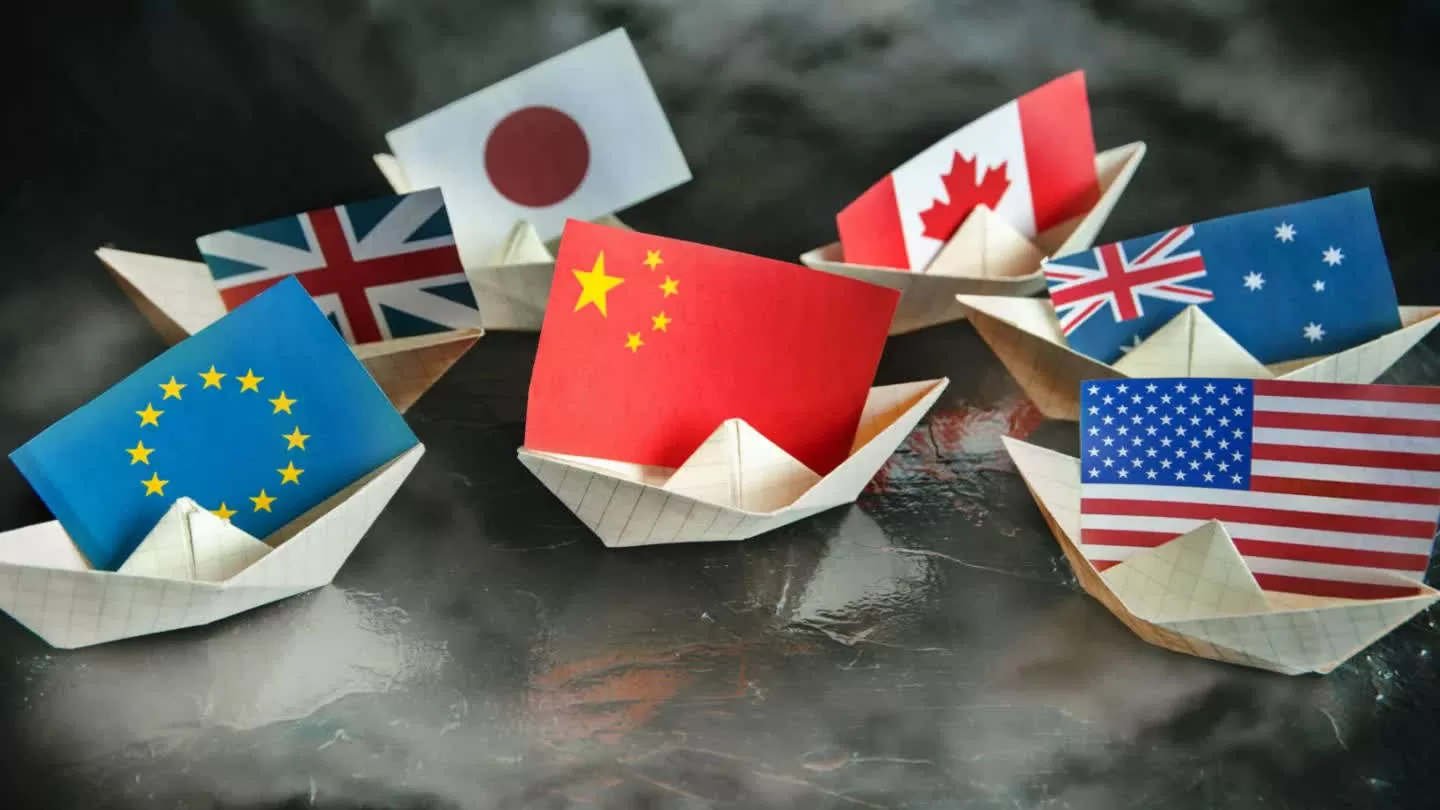 |
| Chinese newspaper: US allies are exaggerating Beijing's 'victory', turning them into common enemies. (Source: Shutterstock) |
During a recent visit to Ukraine, British Foreign Secretary David Lammy said that the Trump administration's plans to drastically cut international aid budgets could be a "major strategic mistake" that would allow Asian giant China to intervene and expand its global influence.
EU leaders have previously signaled that China would be the biggest winner in the transatlantic trade war if Washington carries out its repeated threats to impose tariffs on EU goods.
Canada's Ontario Premier Doug Ford also declared in December 2024 that "the only winners in the dispute between Canada and the United States are China."
The Trump administration's prioritization of US interests, increased tariffs and withdrawal from international organizations has alarmed US Western allies to some extent. However, those allies have not dared to openly criticize Washington's "America First" policy.
Instead , in response to Trump's new policies, some Western allies appear to have adopted a "smart" strategy of playing the "US-China competition" card, aiming to influence Washington's decisions by amplifying the "threat" rhetoric posed by China 's rise relative to the US and its allies, the Global Times said.
The rhetoric that “China is the winner,” whether coming from the UK, the EU or Canada, is trying to convey a message to Washington – if “big brother” America insists on pursuing its own path, harming the interests of its allies, then China will be the biggest beneficiary.
The Chinese newspaper analyzed and argued that the "dichotomy" of some Western politicians and their "zero-sum game" thinking are the fundamental source of this series of behaviors and arguments. For example, Western politicians often use the comparison of "democracy vs. autocracy" and other dichotomies to describe and define the West and the non-West, allies and non-allies, in an effort to confront, defeat, and even eliminate the "opponents" they identify through alliances.
In fact, in response to the policies of the new US administration, some Western allies are trying to play the "US-China competition" card, trying to influence the White House's decision-making process, by emphasizing the "threat" posed by China's rise to the US and its allies.
The Global Times alleged that the basic logic of this strategy is to reshape China into a common enemy, encouraging the US to reconsider its unilateral actions and strengthen cooperation with its allies.
However, analysts from China say this thinking is dividing the world into opposing camps, arguing that one side's gains come at the expense of the other.
In fact, whether it is raising tariffs or cutting international aid, the US government's goal is to please domestic voters, not to protect the common interests of the West. Therefore, the efforts of some Western politicians to influence US decisions through the "US-China competition" card are like "climbing a tree to catch fish".
The Chinese newspaper said that the statements of Western politicians also showed their strategic anxiety. In the face of US unilateralism and protectionism, instead of reflecting on their own problems, some Western politicians are trying to blame China. "This approach is neither wise nor responsible," the Global Times article said.
The West's "US-China competition" narrative and the rhetoric that "China is the one who benefits and wins" not only cannot stop China's rise, but may also cause them to miss opportunities to cooperate with China.
From the above specific analysis, the Global Times concluded that this strategy is not only ineffective, but also highlights the strategic confusion and selfish thinking of some Western politicians in the face of changing international cooperation dynamics. Simplifying international relations into a "binary framework" while ignoring the potential for mutually beneficial cooperation will weaken the effectiveness of multilateralism, which will also be detrimental to the West.
In today's deeply integrated, globalized world, the West should abandon this outdated way of thinking and promote effective global cooperation. The priority of Western politicians should not be to amplify the "China threat" rhetoric but to reflect on their own policies and seek new paths to cooperate with other countries," the Chinese newspaper wrote.
Source: https://baoquocte.vn/bao-trung-quoc-dong-minh-my-dang-cuong-dieu-ve-chien-thang-cua-bac-kinh-bien-ho-thanh-ke-thu-chung-304122.html































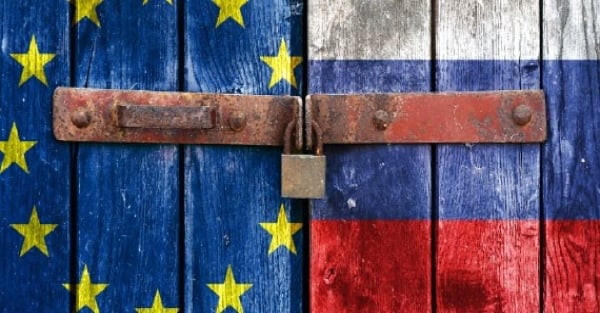
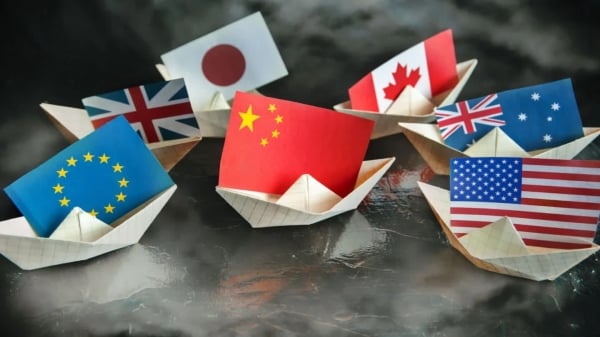
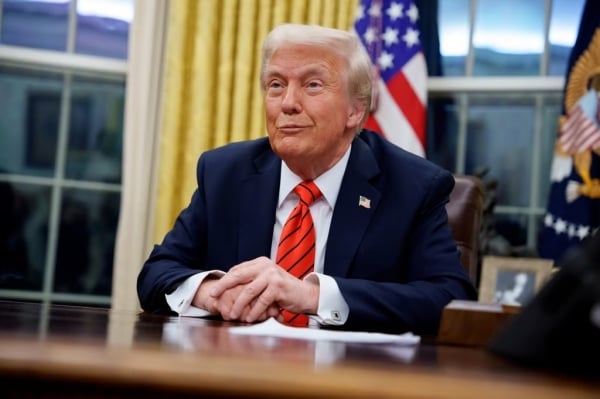
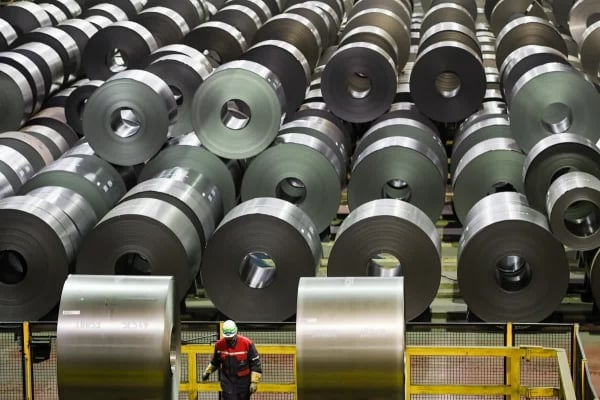
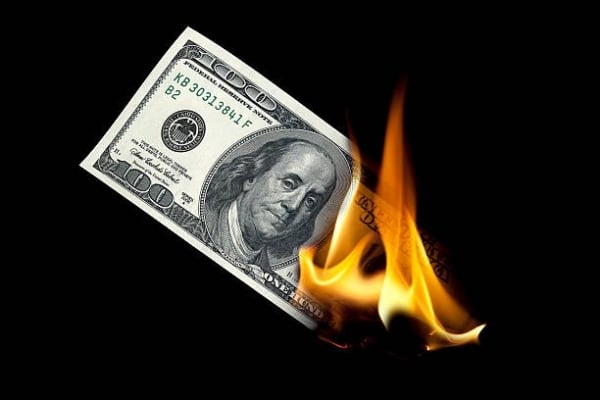


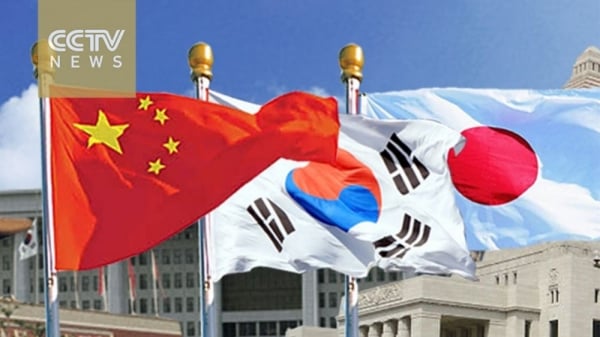











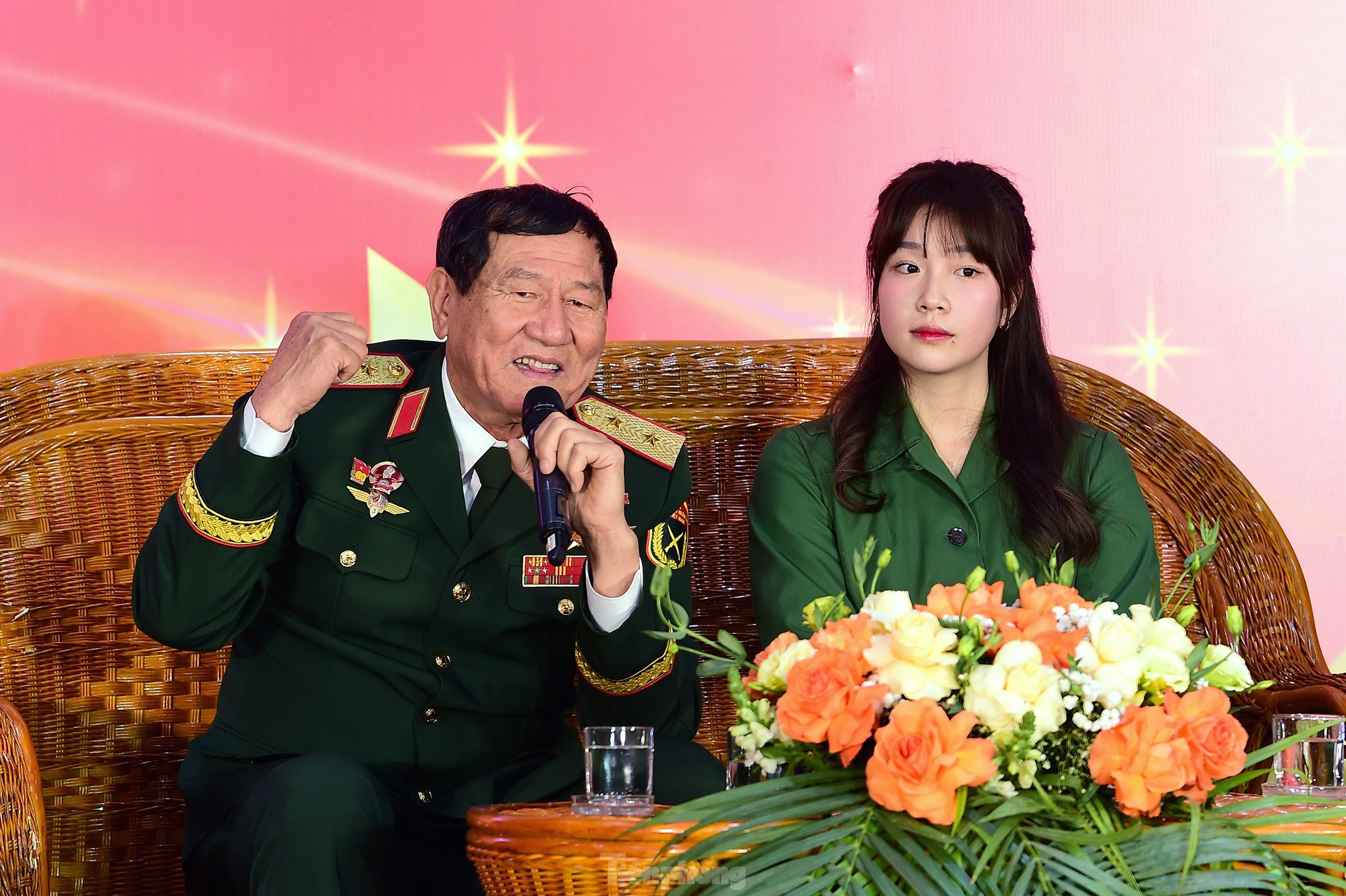





Comment (0)